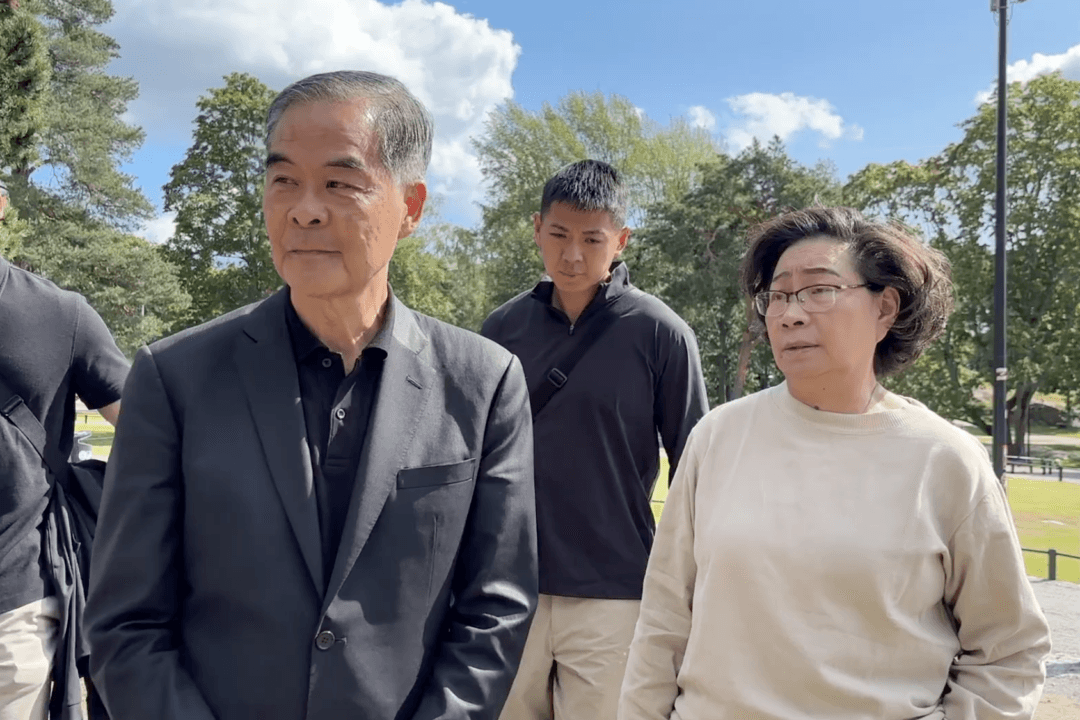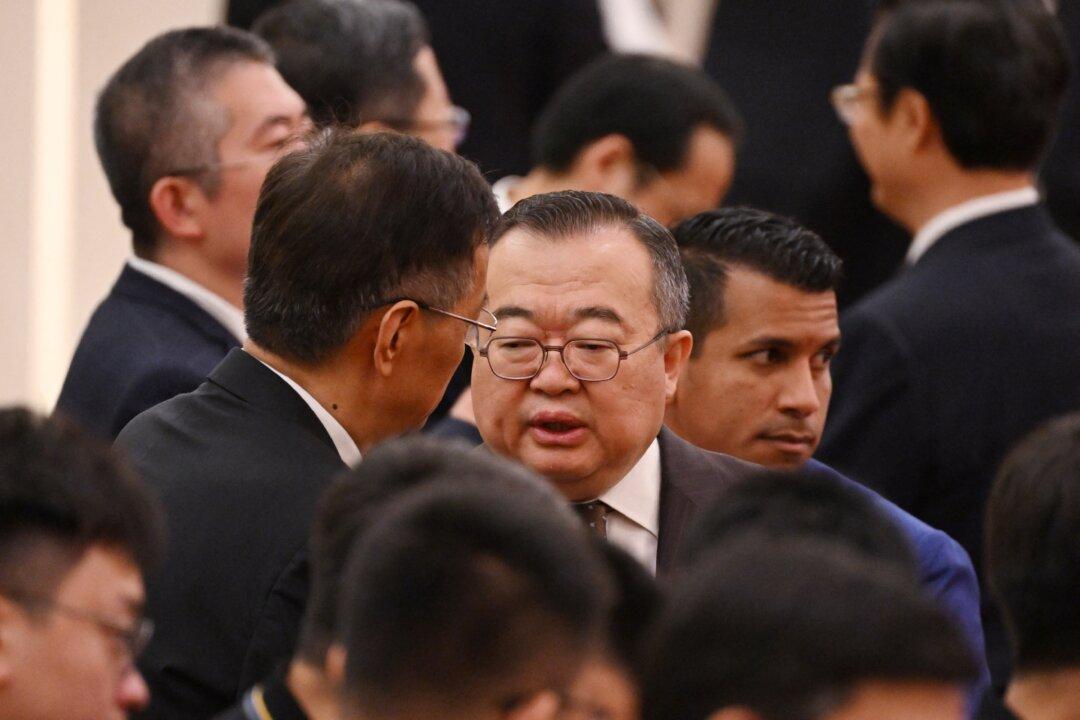Commentary
Former diplomat Michael Kovrig and business consultant Michael Spavor are both home in Canada now. On Sept. 24, they were released by Beijing immediately after Huawei Chief Financial Officer Meng Wanzhou was released from Canadian custody, following U.S. prosecutors’ decision to end the extradition request for her and to put the prosecution on hold until December 2022.





